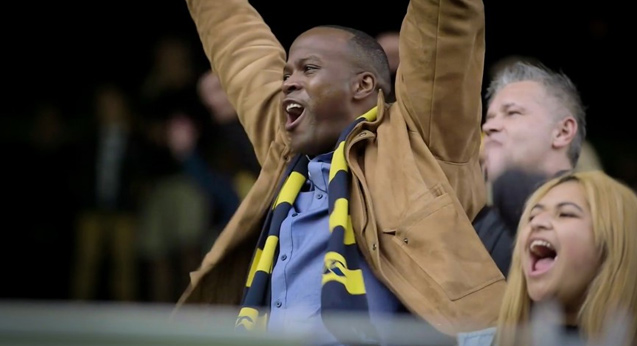In the Zone strongly captures one man’s desire for social change in NZ
Strongly captures Wallace’s desire to change society for the better.

In this documentary, filmmaker Robyn Paterson follows Terrance Wallace, a visiting American businessman who establishes a home for minority teens in New Zealand’s most sought after school zone.
The film is playing in limited release from this week. Flicks editor Steve Newall says the film strongly captures Wallace’s noble desires.
In a combination of faith and impulse, Terrance Wallace relocated from the United States to New Zealand in 2010 and quickly immersed himself in charitable projects. As Robyn Paterson’s documentary In the Zone recounts, Wallace developed a growing understanding of inequality in Aoteraroa and how our school zones and decile ratings can further perpetuate the problem.
In the Zone serves to promote Wallace’s efforts as he strives against Māori and Pasifika teenagers’ underrepresentation in academic achievement, which he does in part by combating the economic and geographical forces that make it hard to attend schools like Auckland Grammar. With his In Zone programme having already achieved successful results at the time the documentary commences, the film explains how his concept came to life as a boarding hostel-based programme that would allow the participating boys an opportunity to be considered as students living in the zone of a prestigious, high-achieving, school. It was a concept that found partners in Auckland Grammar and Ngāti Whātua, the iwi assisting with larger housing.
Paterson introduces the viewer to some of the participating students, and In the Zone quickly conveys the strength of their relationship with Wallace—for some their mentor, others a father figure. Unfortunately, their individual stories don’t shine through strongly enough to provide a compelling narrative to complement that of Wallace.
The documentary strongly captures Wallace’s fervent desire to change society for the better, as well as his concrete achievements in doing so. Paterson might not interrogate Wallce’s motivations as much as she could have, or perhaps they are as simple as he suggests—having survived a life-threatening incident at gunpoint growing up in Chicago, he’s driven to make a change.
Paterson is on-hand to capture some highly emotional moments, such as Wallace’s sudden decision mid-film to return to the United States and implement a similar programme for his countrymen. Some films may have ended there, and it’s to In the Zone’s credit that it follows Wallace back to his hometown to shed a little light on his character and follow him into the next challenging phase of his work.
Unfortunately, despite the best intentions of all concerned, it’s hard to escape the feeling that there’s a little something missing here. Wallace remains somewhat unchallenged by a documentary that doesn’t often make its way past his public persona, and while you’d be hard-pressed not to support his initiatives, it doesn’t foster audience activism.
If this subject matter is dear to your heart, In the Zone is worth a watch; but perhaps a current affairs TV piece would suffice as opposed to a nearly 2-hour-long feature.






















